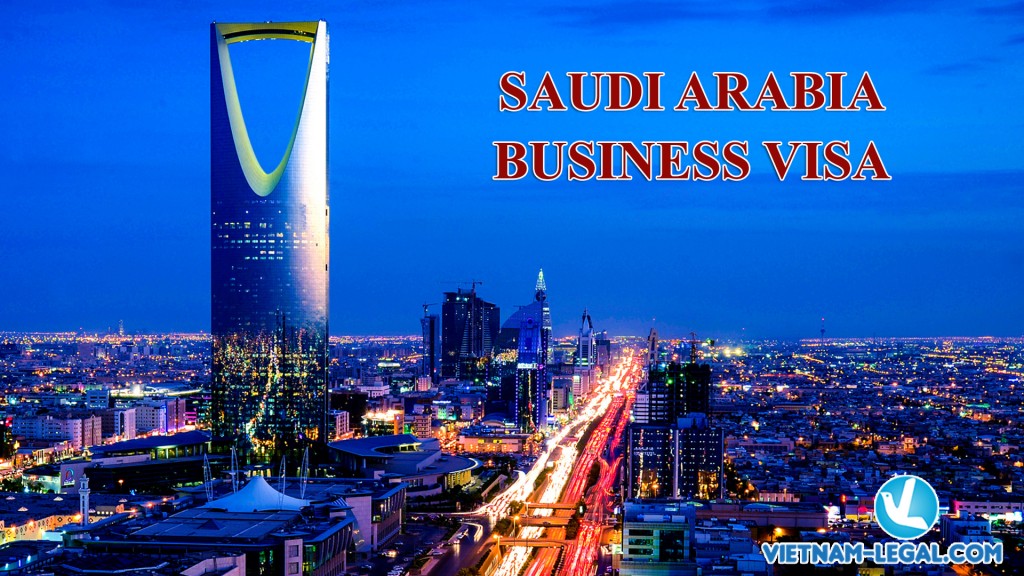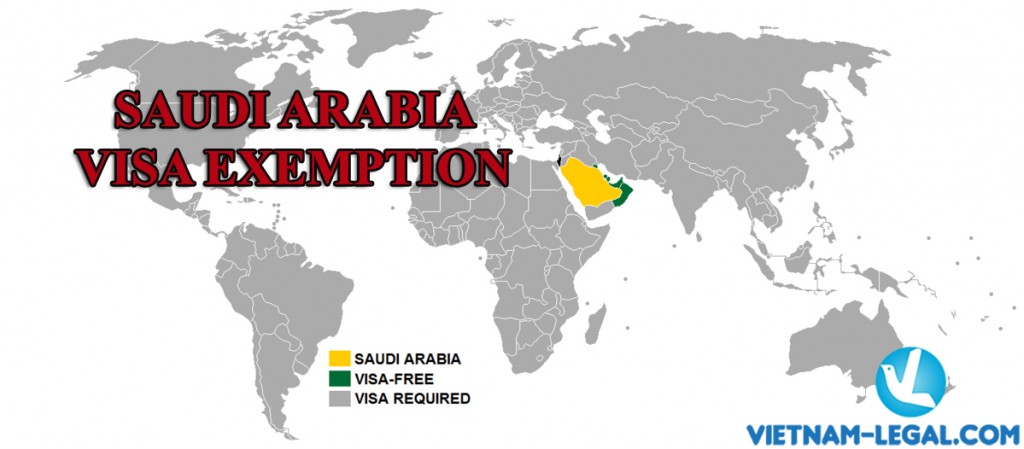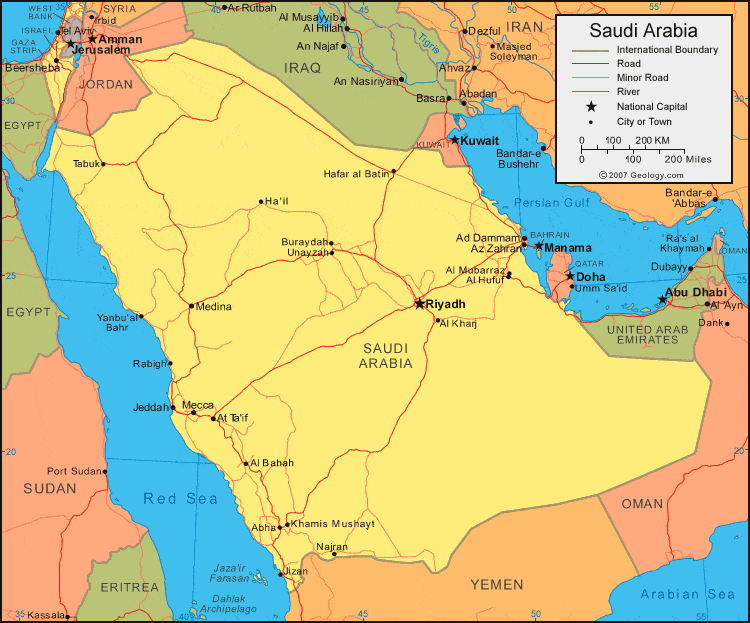SAUDI CULTURE & SOCIETY
Religion & Beliefs
Islam is practised by all Saudis and governs their personal, political, economic and legal lives.
Islam was born in Saudi Arabia and thus is visited by millions of Muslims every year.
The majority of Saudi Muslims are Sunni although a large number of Shia populate the Eastern coast and some smaller sects near the Yemen border.
Among certain obligations for Muslims are to pray five times a day – at dawn, noon, afternoon, sunset, and evening.
The exact time is listed in the local newspaper each day and also on the news on TV.
Friday is the Muslim holy day. Everything is closed. Many companies also close on Thursday, making the weekend Thursday and Friday.
During the holy month of Ramadan all Muslims must fast from dawn to dusk and are only permitted to work six hours per day.
Fasting includes no eating, drinking, cigarette smoking, or gum chewing.
Expatriates are not required to fast; however, they must not eat, drink, smoke, or chew gum in public.
It is possible to find other places of worship (mainly in Jeddah, Riyadh, etc) for Christians, Hindus, Sikhs, etc which serve expatriate communities.
Major Celebrations/Secular Celebrations
Eid ul-Fitr – marking the end of Ramadan. Changes date every year due to Islamic lunar calendar. Can we between 10-14 days holiday.
Eid ul-Adha – known in English as the ‘day of sacrifice’ this day marks the end of the Hajj pilgrimage and also the day an animal is sacrificed in honour of Abraham. Usually 3 days holiday although many people take the hajj period off work.
23rd September – Saudi national day
The Family
The family and tribe are the basis of the social structure.
As is seen in their naming conventions, Saudis are cognizant of their heritage, their clan, and their extended family, as well as their nuclear family.
Saudis take their responsibilities to their family quite seriously.
Families tend to be large and the extended family is quite close.
The individual derives a social network and assistance in times of need from the family.
Nepotism is considered a good thing, since it implies that employing people one knows and trusts is of primary importance.
Social Stratification
Social divisions exist in Saudi society mainly between locals and foreign, expatriate workers.
Saudis exist at the top of the hierarchy, other Arabs coming next, European expatriates followed by Asian expatriates who usually for the manual labour.
Between Saudis themselves there are subtle divisions based on tribal affiliations, Sunni/Shia, location (rural vs urban) and levels of education.
Saudis with links to the royal family naturally are regarded as having power and influence.
Common attitudes, beliefs, and practices are shared across economic divides, which also are bridged by ties of kinship and religion.
Gender Roles
Strict gender segregation is sanctioned by the state and society.
Males and females are only ever seen together within a family setting or context.
Woman may work but this is usually within female only environments such as schools, universities or certain government departments.
The vast majority of Saudi women do not work.
Legally men have more rights than do women. For example, women are not allowed to drive, they cannot travel without the permission or presence of a male guardian and are dependent on male members of the family (fathers, brothers, husbands) to conduct almost all their business.
Women can however own property in their own names and invest their own money in business deals.
Within the family structure the women’s status is much more elevated – she is seen as the nurturer and bedrock of the family.
Socialization
Socialization has changed dramatically in Saudi Arabia within the last 40-50 years.
Mothers used to give birth at home before raising the child at home with the extended family or even a wet-nurse. This instilled the culture, religion and language.
Domestic servants or maids now are very much responsible for raising children. As a result children today grow up speaking English and learning the morals and cultural cues from foreigners, usually Filipinos, Sri Lankans, etc.
Economy
Oil is Saudi Arabia’s number one earner since discovery.
Prior to the discovery of oil Saudi Arabia produced all its staple foods such as coffee, tea, sugar, cardamom, rice, cloth, etc. Exports consisted of dates, camels, horses and sheep.
It now produces very little other than basic foods and some agricultural goods importing the vast majority of all its food and manufactured goods.
Saudi Arabia also receives a modest income from its religious tourism to Makkah and Medina and annually through the hajj pilgrimage.
Food
‘Kapsa/Kabsa’ is the best known dish in Saudi – essentially consisting of rice with a roasted meat (lamb, camel or chicken). It is eaten every day.
Fast-food outlets are now to be found across the Kingdom as are other international cuisines.
The traditional staple foods of Saudi culture were dates, goat, camel, milk, ghee, cheese, bread and other foods from wheat, millet, and barley as well as some basic vegetable and herbs such as mint, coriander, parsley, and cumin.
Muslims do not drink alcohol or eat meat that is not ritually slaughtered (halal).
Three meals are usually eaten – breakfast, lunch & dinner. Dinner is usually eaten very late in the evening around 10pm. Lunches can be long and lazy affairs.
Tea and coffee are very popular drinks throughout the day.
Food is a central part of Saud life and they go to great efforts to please guests at meals.
Arts, Humanities & Popular Culture
Literature and Classical Arabic poetry is highly valued.
Recitations of the Quran as well as poetry are common at weddings and to mark other important events.
The novel has slowly become popular among both men and women due to the influence of writers from Egypt and the Levant.
Saudi Arabia’s state censors control all publications ensuring they are in line with sharia law.
Painting, folk art and sculpture are also popular in Saudi Arabia although paintings of people are considered practiced against Islamic teaching.
Traditional dancing with swords is a very common sight at celebrations and events.
The younger generation, influenced by the internet and popular global culture, are abandoning many of the traditional elements of Saudi culture.
Football (soccer) is by far the most popular way to spend an evening (among men) with the English Premier League being daily conversation.





